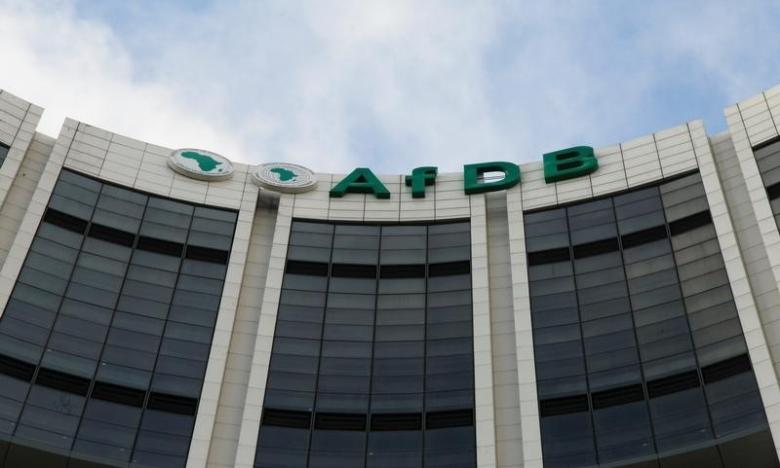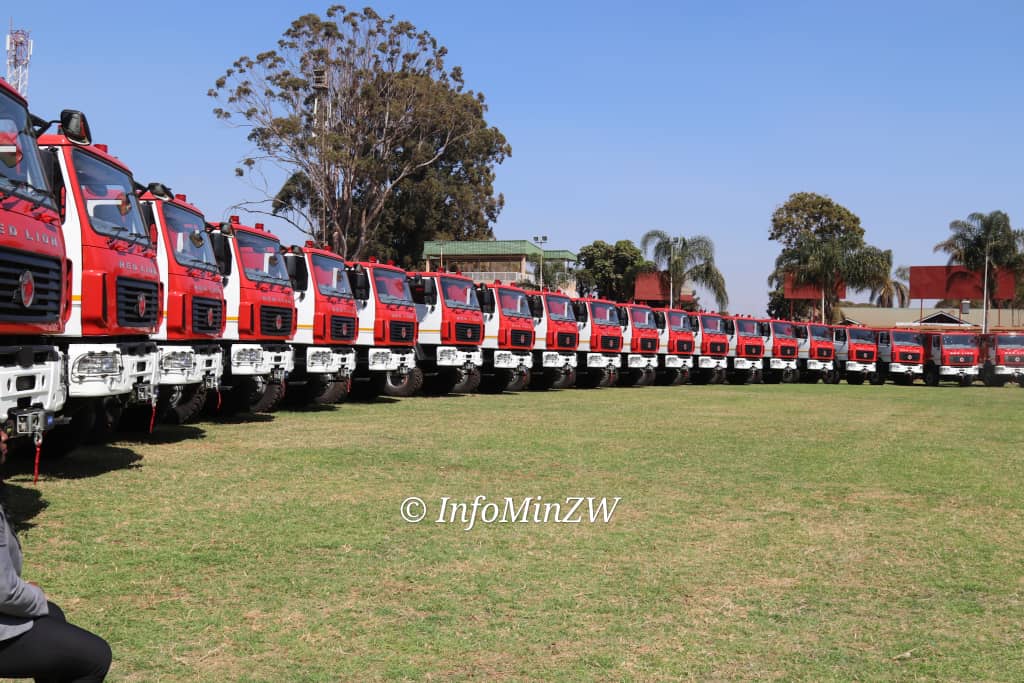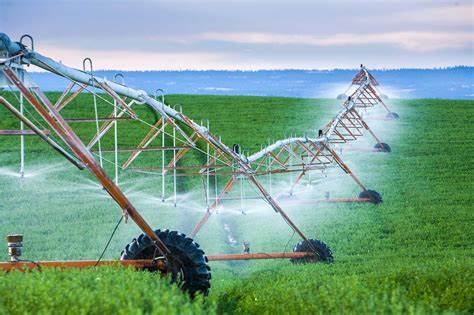Zim economy to contract by 8.5% in 2020 -AfDB
Share

Harare (New Ziana) -The African Development Bank (AfDB) is projecting the Zimbabwean economy to contract between 7.5 percent and 8.5 percent this year due to the impact of the Covid-19 pandemic, and to modestly recover in 2021.
The AfDB had previously projected that the southern African country’s economy would grow 4.6 percent this year and 5.6 percent in 2021, if corrective measures were taken, especially to restore macroeconomic stability.
“Recovery was expected in agriculture and mining, backed by increased and well-targeted investment. But production is now expected to fall in both sectors, largely due to the outbreak of the pandemic and associated shocks and policy actions to limit the infections,” the AfDB said in its latest African Economic Outlook 2020 supplement report amid Covid-19.
“And reductions in tourism earnings will exacerbate foreign exchange shortages. As a result, the economy is projected in 2020 to contract by between 7.5 percent if the pandemic subsides by July (baseline) and 8.5 percent if it continues through to December (worst case), with modest recoveries in 2021.”
The pan-African bank said fiscal deficit would remain above 5 percent due to the negative effects of the tax relief measures and weak business activity. The Zimbabwe Revenue Authority has reported that the Covid-19 pandemic has greatly affected tax collection with targeted revenues likely to be missed.
Inflation is poised to average 217 percent this year amplified by the Covid-19 induced shocks.
The AfDB said the deterioration of the trade balance and secondary income account will push the current account to a deficit territory of 2 percent of GDP this year, which could widen further to 2.7 percent, wiping out a surplus of 1.1 percent posted in 2019.
Riding on its abundant natural resources, relatively good public infrastructure and skilled workforce, the AfDB said Zimbabwe could emerge from the current health and economic crisis strongly.
“The country’s vast natural resources, public infrastructure still in relatively good condition, and a skilled labor force give the country an opportunity to join supply chains in Africa and increase trade within the context of the African Continental Free Trade Area,” it said.
“Coupled with policy responses to restore stability in the foreign exchange market and control inflation, the economy could modestly recover in 2021.”
Turning to the continent, the AfDB said countries highly dependent on tourism for export revenues were expected to be more vulnerable than others.
Africa has recently experienced severe natural catastrophes, such as Locust-19, affecting farms and livelihoods in Eritrea, Ethiopia, Djibouti, Kenya, Somalia and Uganda as well as extreme weather-related shocks across the continent, including droughts, floods, and cyclones in Mozambique, Zambia and Zimbabwe.
New Ziana








